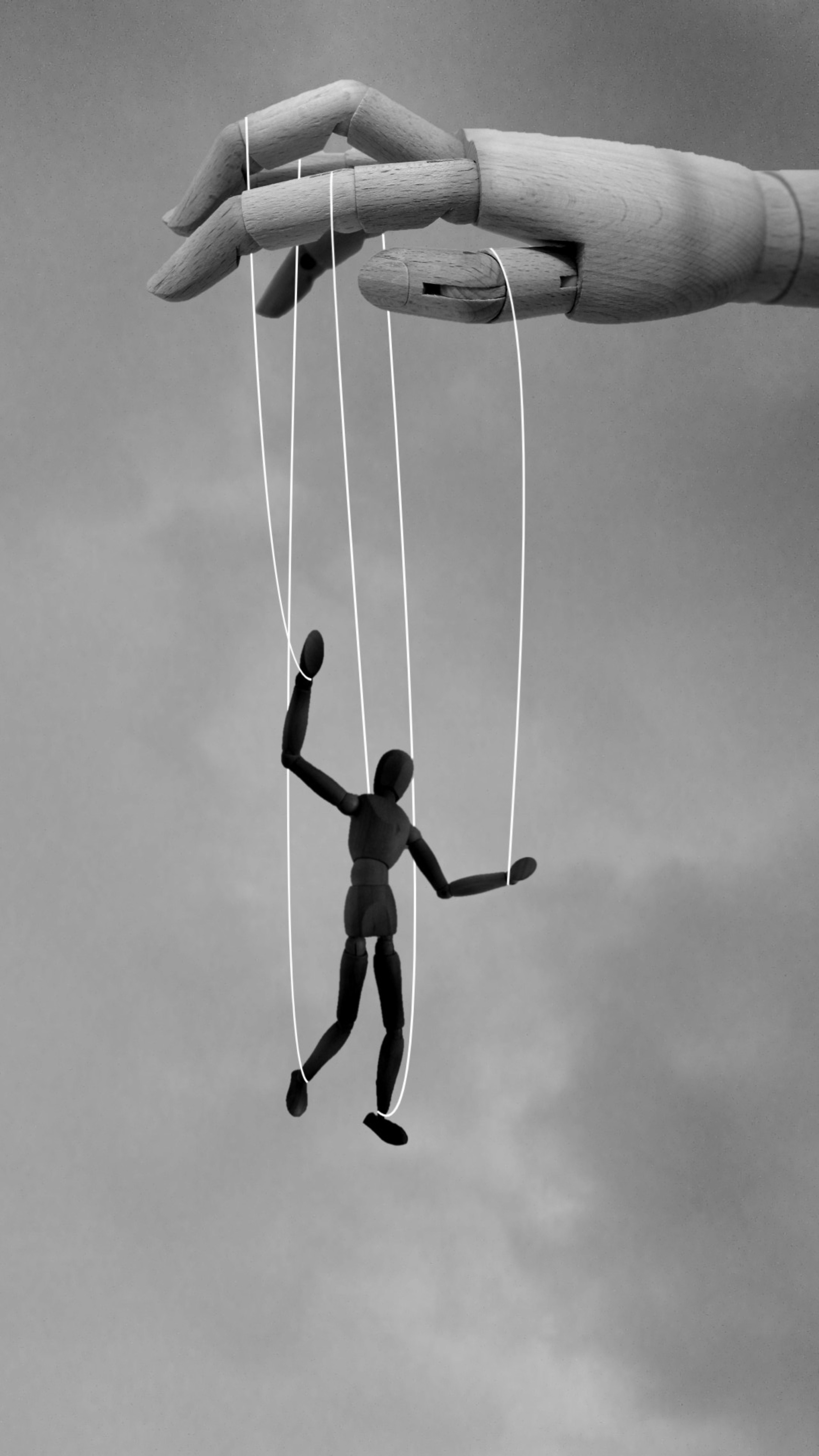There was a time when the Church held the keys to everything. Most people could not read, so the priests were not just spiritual leaders but the gatekeepers of knowledge. If you wanted answers, you went to them. Then literacy spread, books escaped the monasteries, and the Church’s monopoly began to crumble.
Something similar is happening now, only the new literacy is artificial intelligence. As access spreads, the institutions that once lived on their aura of specialised knowledge are facing the same erosion of authority.
Take medicine. For centuries doctors were the interpreters of mysteries, the people who could tell you why your body was failing and what to do about it. Their words carried prestige because no one else could look behind the curtain. Today patients type symptoms into AI tools and get answers in seconds. They search for lifestyle advice without booking an appointment, and where costs are high they use self-diagnosis to avoid bills altogether. Doctors still have the training, but their role is shifting from keeper of knowledge to administrator of it. Once surgeons are replaced by robots, even the skill that seemed untouchable will start to look like something that belongs more to machines than to humans.
Law is next. I still remember friends at university moaning about the cost of their law books. Half genuine pain, half a badge of honour that they had survived the entry fee. Those heavy tomes were not just paper, they were barriers. Today precedents can be called up by anyone in seconds. Cases can be applied to new disputes with a single AI query. The hours billed for “research” are suddenly harder to justify when the research no longer takes hours. Lawyers will try to legislate the tidal wave away, but like most waves it will eventually engulf them.
And then the media. Long billed as a pillar of democracy, the fourth estate is supposed to be neutral ground. Instead it has become a marketplace. Outlets lean left or right, depending on whose chequebook is open. The public sees less watchdog, more lapdog with a branded collar. Credibility, once assumed, now feels like product placement. Worse, many in the media do not seem to grasp how far they have slipped in the eyes of readers who can fact-check in seconds and share screenshots that travel faster than any front page ever did.
The pattern is obvious. Authority built on scarcity does not survive abundance. Literacy ended the Church’s monopoly. The internet hollowed out the professions. AI is finishing the job. Whether today or soon, doctors, lawyers, and journalists will all feel the shift.
In the past the lazy and the unwilling were left behind. But AI has even handed those people a jetpack. From today, even the lazy can run. That is a shift society has never seen before.

